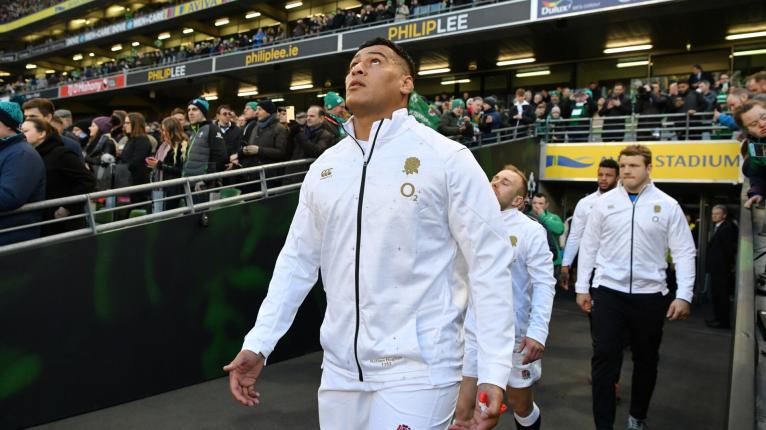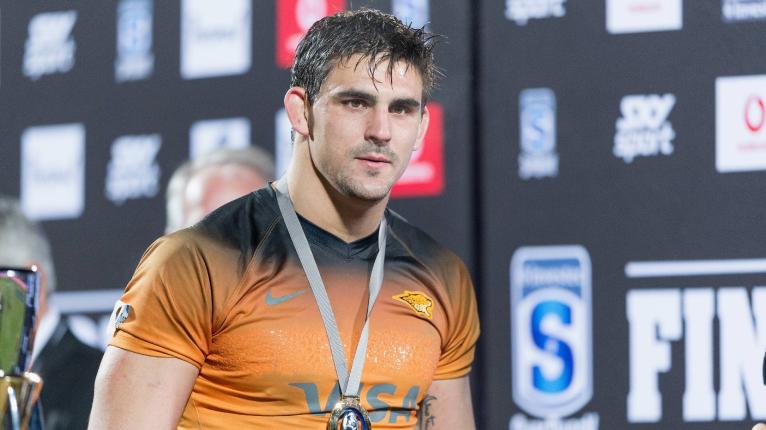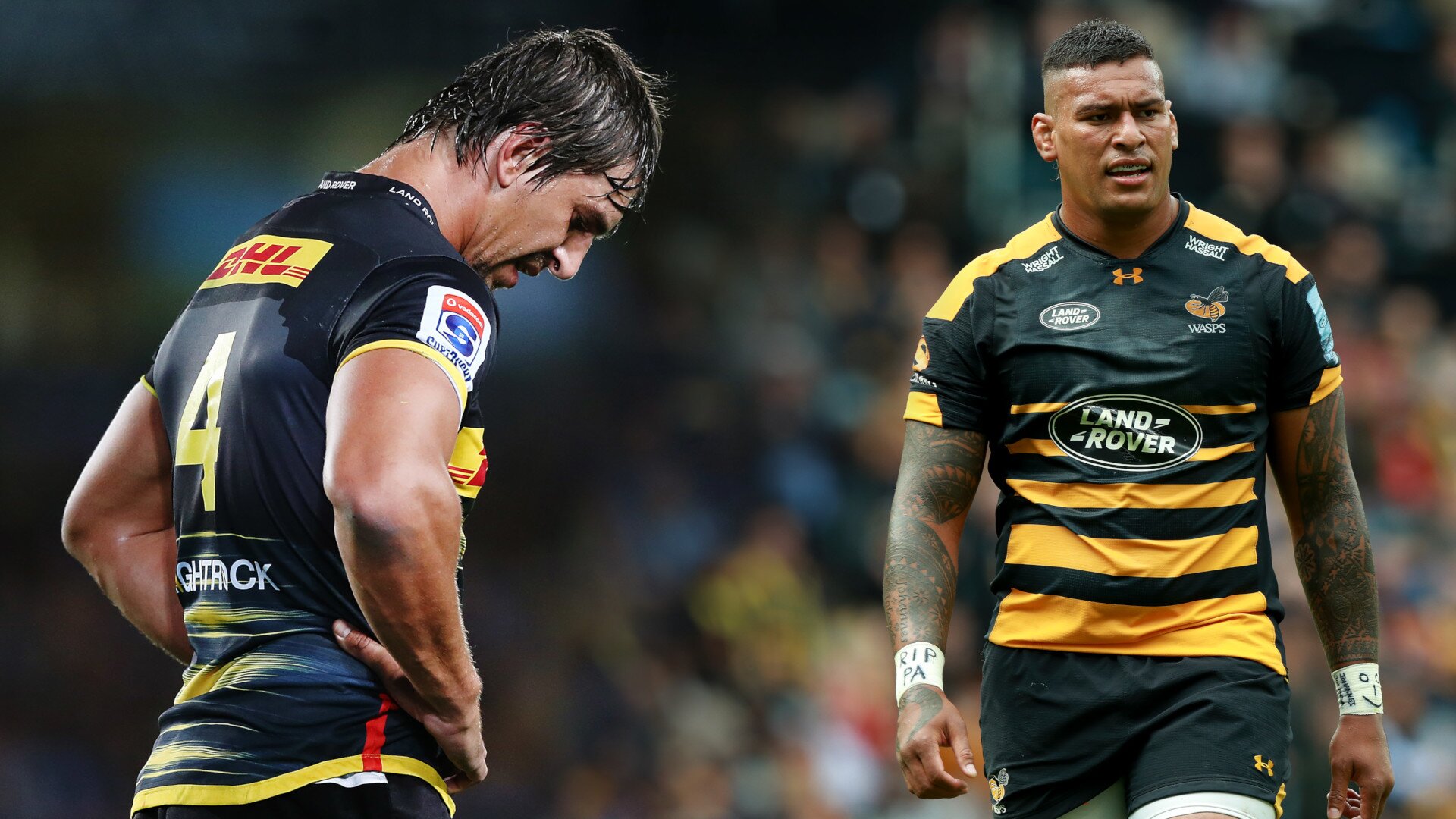Counting down the top 15 signings in Europe this summer

As ever in a Rugby World Cup year, the northern hemisphere purse strings have been loosened, as the top clubs in Europe chase the best talent in the southern hemisphere at the beginning of a new cycle.
With the money in Japanese rugby rising, competition has increased for players’ signature, although that hasn’t stopped the elite of the Top 14, Gallagher Premiership and Guinness PRO14 from recruiting their fair share of superstar talent this summer.
With all the European clubs now back in preseason for the 2019/20 season, we countdown the top 15 signings of the year, as we look at who could have the most positive impact on their new club.
- Nehe Milner-Skudder to Toulon
The former Hurricanes man sneaks in as a bit of a wildcard, having struggled to regain top form over the last couple of seasons. He has had his fair share of injury issues during that period, but the sun-soaked Côte d’Azur has proven to be a good tonic in the past for injury-plagued players.
If he can get back to 70% or 80% of where he was when he was starring for the All Blacks at the last Rugby World Cup, Milner-Skudder could be just the kind of versatile back three player to help fire Toulon back towards the summit of the Top 14.
https://www.youtube.com/watch?v=Y6aV_wP5g1M
- Gareth Anscombe to Ospreys
Unfortunately for the Ospreys, they will lose Anscombe during international windows, but to add a player of the calibre of the 28-year-old, especially when the region looked as though it might not even exist this season, cannot be ignored.
The New Zealand-born back will improve the starting XV in Swansea and if the Ospreys can position themselves to make a run at the PRO14 playoffs, he could be the difference in the tightly contested games that will follow. The abundance of options in the Ospreys’ stock of centres just found their new best friend.
- Nathan Hughes to Bristol Bears
This move raised a lot of eyebrows when it was announced, not least so for the reported £500k salary that Hughes will earn in the south-west of England. That said, with Hughes now looking as though he is not involved with Eddie Jones’ Rugby World Cup and, presumably, post-RWC plans, Bristol could be about to get a lot more bang for their buck.

When Hughes was at his best for Wasps, prior to his England call-up, his potent carrying and offloading threat lit up the Premiership week after week. He certainly suits Bristol’s looser and faster style and if there’s more gas in the tank because he’s not away with England for training camps and internationals, the risk/reward on the move for Bristol suddenly looks a lot more positive.
- Elliot Daly to Saracens
A player of Daly’s class arguably deserves to be higher up this list, although it is not as if Saracens were short of options before his arrival. Marcelo Bosch has now moved on after six very successful seasons at the club, but with Nick Tompkins and Alex Lozowoski shining of late and Dom Morris and Rotimi Segun on hand in the senior academy, Saracens weren’t in dire need of an outside centre.
There’s little doubt, however, that Daly does improve Saracens’ regular starting XV and he will give them pace, finishing ability and a booming boot at the position. Should Lozowski or Tompkins be in a particularly rich vein of form, too, Daly could also make up an all-British and Irish Lions back three at the club with Liam Williams and Sean Maitland.
- Waisake Naholo to London Irish
The big question coming into the new season is will Irish be able to get the ball into Naholo’s hands in the right positions and at the right times for him to have the impact he is clearly capable of? Working in Naholo’s favour is his ability to create opportunities for himself, with the wing boasting the physical skills to win his fair share of one-on-ones.
Irish will be hoping that Naholo can bring a steady supply of tries in their battle against relegation this season and there are few more proven performers at wing on the move this summer than the former Highlanders. Irish have embraced star power ahead of their return to the Premiership and Naholo headlines that group of new arrivals.
- Stuart Hogg to Exeter Chiefs
A similar story to Daly here, with Hogg having replaced the effervescent Santiago Cordero at Exeter. Rob Baxter likely believes that Hogg can be the difference in the crunch games in Europe and against Saracens, although he will be available less than the Argentinean due to Six Nations commitments and doesn’t cover the wing to the same degree that Cordero did.
That said, Hogg is among the most exciting players in world rugby and he is clearly a good addition for Exeter. His spot at 10th solely comes because of what the club had to give up in order to sign him, even if he should prove a reasonable upgrade as a pure full-back.
- Hanro Liebenberg to Leicester Tigers
Liebenberg’s addition begins the rebuild of the Leicester pack, adding a physical edge to the group that has seemed to have diminished in recent seasons. A blindside or a number eight, the South African should start in the loose forwards from day one.
A former South African U20 captain, Liebenberg can consider himself unlucky not to have picked up a Springbok cap yet, although at 23 years of age, he still has time on his side. A ruptured small intestine suffered in a tackle held back Liebenberg momentarily when he came out of the U20s, but he has since become one of the most consistent players for the Bulls at Super Rugby level.
- Owen Franks to Northampton Saints
Anytime you sign an All Black with over 100 international caps to his name, chances are you are probably improving your team. Saints now not only have a tighthead prop with bundles of experience and plenty of ability, they also have the perfect mentor for the up and coming Ehren Painter.
Franks’ arrival should go a long way towards tidying up the scrum penalties that were an issue for Saints last season and, as an integral member of the Crusaders for the last 10 years, is going to bring a winning mentality to the project that Chris Boyd is building in the East Midlands.
- Jack McGrath to Ulster
It was a tough situation for McGrath at Leinster, where a dip in form and injury lost him his starting spot and Cian Healy’s exceptional return to prominence limited the opportunities for McGrath to do likewise. If he can get back to close to his best in Belfast, then Ulster will have made one of the signings of the season.
It’s no secret that the province has struggled to produce talent in the front row in recent years at the same clip that they have done elsewhere on the pitch, so McGrath should provide a timely boost to their set-piece and give them a leader up front, with Rory Best set to retire after the RWC.
- Pablo Matera to Stade Français
Matera has thrived since joining the Jaguares in Super Rugby, playing at a consistently high level not only for the franchise, but also for the Argentinean national team. His development since leaving Leicester in 2015 has been remarkable and if he takes to life in France, Stade will have found themselves a difference-maker.

The Argentine’s partnership with Sekou Macalou in the Stade back row could be one of the most impressive combinations in European rugby next season, with Matera’s work rate and contact area skills the perfect complement to the dynamic ability in the loose that Macalou offers.
- Handré Pollard to Montpellier
Montpellier spent big on Aaron Cruden to be their franchise fly-half and although the Kiwi will stay with the club until after the RWC as a medical joker, it has not been the match for player or club that either would have wanted when he joined from the Chiefs in 2017.
Pollard will be helped with the transition by plenty of familiar faces, with former club teammate Jan Serfontein and international colleague François Steyn both on the books at Montpellier, as well as fellow South Africans Johan Goosen, Bismarck du Plessis and Wiaan Liebenberg, among others. If Pollard can assimilate Xavier Garbajosa’s game plan quickly after the RWC, Montpellier have the firepower to go far this season.
- Jordan Taufua to Leicester Tigers
The interesting thing about Taufua’s arrival at Welford Road is how will Leicester and Geordan Murphy use him? Whether he’s the prominent carrier given freedom in the loose that he was when he broke through at the Crusaders in Kieran Read’s absence, or the work horse that then played alongside and allowed Read to do what he does best, he’s a big upgrade in the Tigers back row.
Between Taufua and Liebenberg, Leicester have added two of the most impactful players on the move this summer and if Guy Thompson can maintain his form from last season, Tigers could have a very formidable back row as they aim to bounce back up the table.
- Lood de Jager to Sale Sharks
There is a raft of South Africans arriving in Salford this summer, not to mention England back row Mark Wilson, but de Jager could be the pick of the bunch. Not only is he an international calibre player, he crucially fills what has been a problem position for Sale in recent seasons and that is the second row.
Reliable as a jumper at the lineout, a strong tackler and carrier who can win the contest on the gain-line and a player who has the technical skill to operate in a more ambitious attack, de Jager seems to tick every box that Sale were looking for in a new lock.
- Santiago Cordero to Bordeaux
The arrival of Cordero won’t necessarily patch the holes in Bordeaux’s defence, but his potency in attack certainly won’t hinder them from winning more end-to-end shootouts. Whether deployed at full-back or on the wing, Cordero will light up Bordeaux’s back three and the Top 14 this season, with the Argentine one of the most effective players in the Premiership over the past 11 months.
He will provide a very contrasting threat to Eto Nabuli and if he is working in tandem with Geoffrey Cros, Bordeaux will have two electric counter-attackers that are a threat to score from anywhere on the pitch. Exeter’s loss will almost certainly prove to be Bordeaux’s gain this season.
https://www.youtube.com/watch?v=dkTs0r8a5eU
- Eben Etzebeth to Toulon
Etzebeth might not be the all-round lock that de Jager is and he might not have the immediate on-field impact that the likes of Cordero and Pollard do at their respective clubs, but he is a leader. He is a tone-setter and that is exactly what Toulon need, as they continue to struggle in their rebuild.
As a centrepiece for that rebuild, you couldn’t ask for a much better foundation than the one Etzebeth will provide, not to mention the fear factor that he will bring back to the Toulon pack. If he can emulate the impact his countrymen Juan Smith, Joe van Niekerk and Bakkies Botha had at the club, he will swiftly become a fan favourite.
Watch: Premiership clubs set to avoid Brexit uncertainty over player eligibility





































































